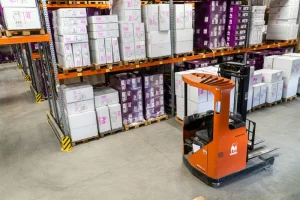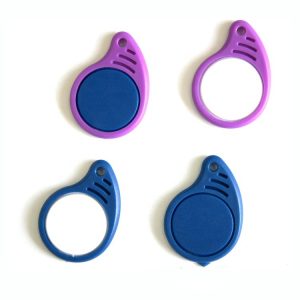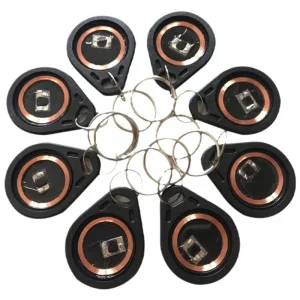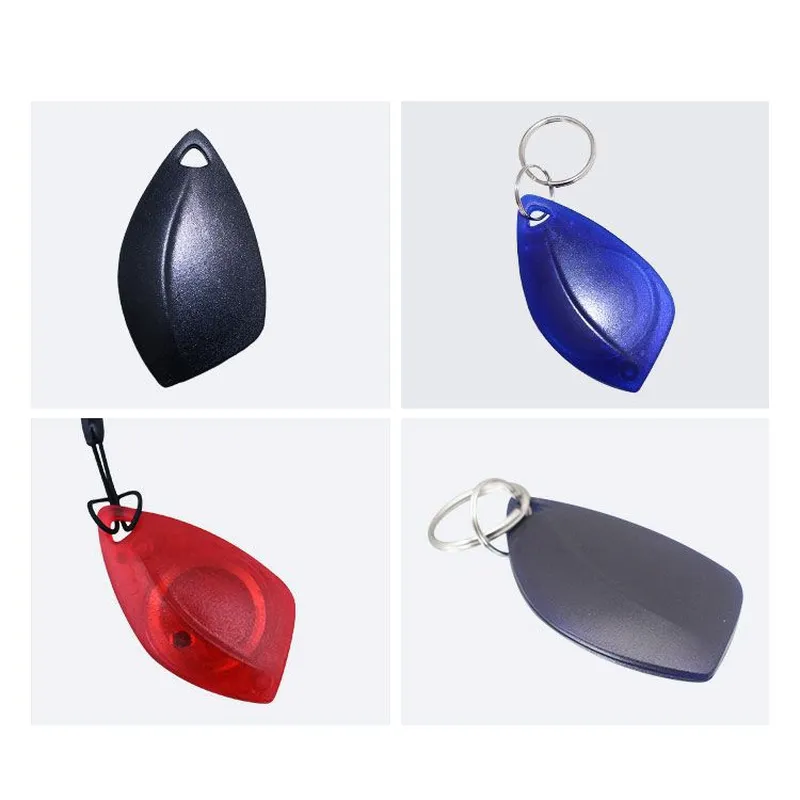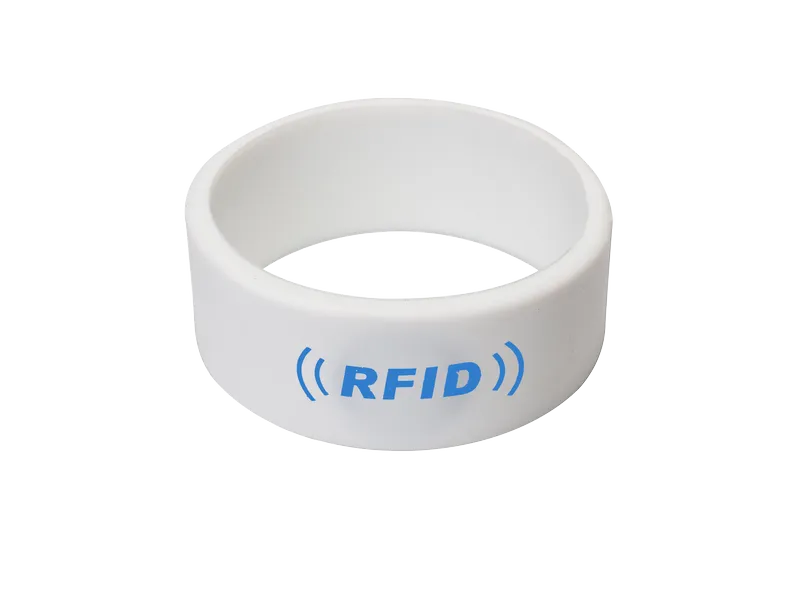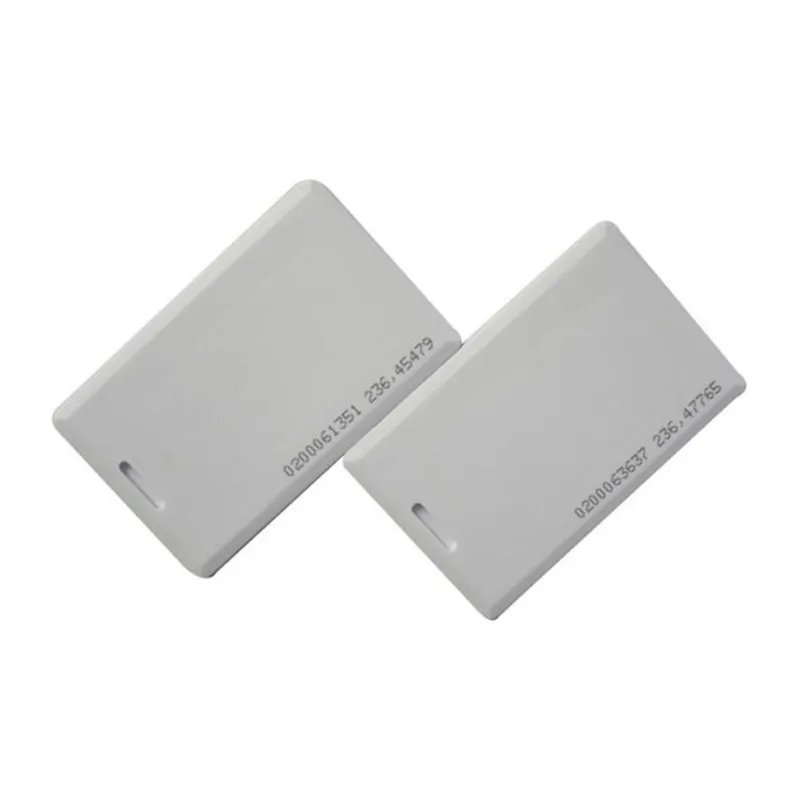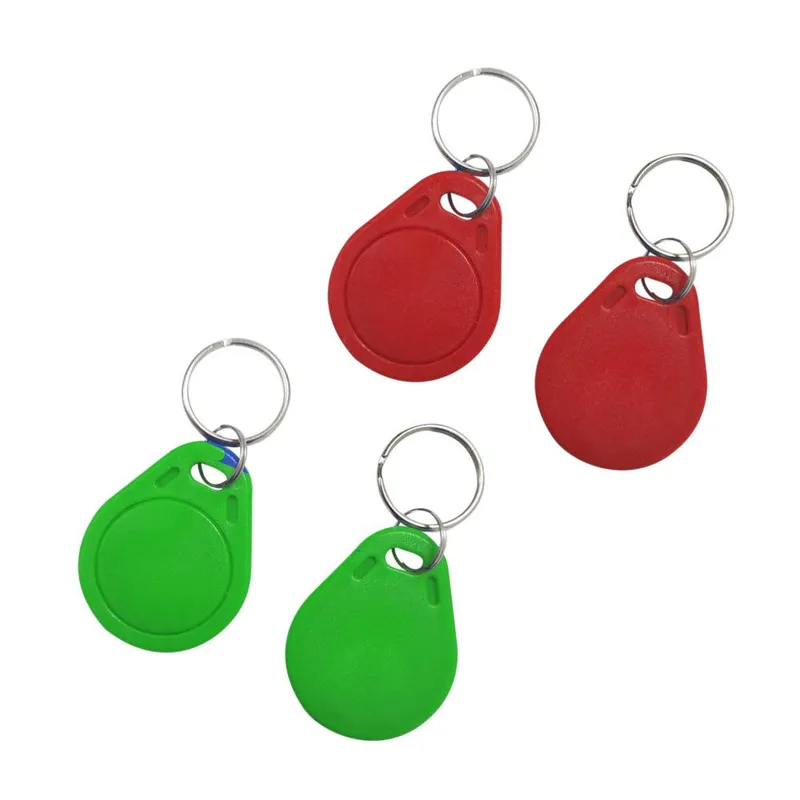Tagiau rfid diwydiannol
CATEGORÏAU
Cynhyrchion dan sylw

Cerdyn gwag rfid
Defnyddir cardiau gwag RFID mewn cymwysiadau sy'n gofyn am olrhain neu…

Bandiau arddwrn Rheoli Mynediad RFID
Mae Bandiau Arddwrn Rheoli Mynediad RFID wedi'u cynllunio ar gyfer amrywiol gymwysiadau, gan gynnwys…
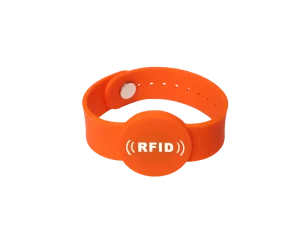
Datrysiadau band arddwrn RFID
Mae datrysiadau band arddwrn RFID yn unigryw, chwaethus, a swyddogaethol…

Cardiau RFID Argraffedig
Mae cardiau RFID wedi'u hargraffu wedi chwyldroi gweithrediadau difyrrwch a pharc dŵr,…
Newyddion Diweddar
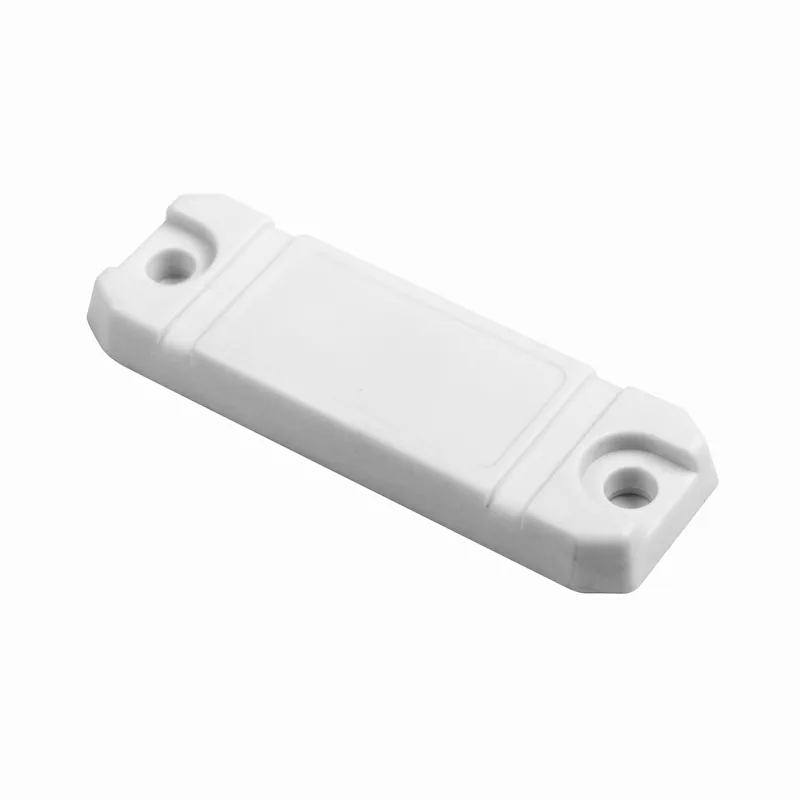
Disgrifiad Byr:
Mae tagiau RFID diwydiannol yn defnyddio signalau radio -amledd i nodi eitemau targed a chasglu data heb ryngweithio dynol. Mae ganddyn nhw godau electronig a gallant fonitro, uniaethet, a rheoli gwrthrychau. They are widely used in industrial areas for real-time inventory monitoring, Rheoli Asedau, and automation. RFID technology is increasingly used in Industry 4.0 and smart manufacturing, supporting intelligent object management and intelligent tracking.
Rhannwch ni:
Manylion Cynnyrch
Radiofrequency signals are used by Industrial RFID Tags, technoleg adnabod awtomataidd heb gyswllt, i nodi eitemau targed a chasglu data perthnasol. Human interaction is not necessary for the identification procedure. Industrial RFID tags have their own electronic code and are made up of coupling components and chips. In addition to having user-writable storage space, high-capacity electronic tags may be affixed to items in order to identify specific things. These tags have the ability to monitor, uniaethet, and manage objects by sending data from RFID tags to readers via radio waves.
RFID tags are extensively employed in the industrial area. Er enghraifft, RFID tags may be attached to objects to provide real-time inventory monitoring and asset management in inventory and asset management. Factories are able to swiftly search and identify the necessary components as well as properly identify which things are on the manufacturing line and which are in inventory. RFID technology may also be utilized to provide precise real-time data, automate industrial processes, and assist managers in making prompt choices. Safle, statws, and movement of products may be monitored, and manufacturing line efficiency can be increased by strategically installing RFID readers.
RFID technology will be used in industrial production more often as Industry 4.0 and smart manufacturing develop. In the context of industrial Internet and digital twins, RFID tags can achieve intelligent item identification, traciau, rheolwyr, control, a monitro. O ganlyniad, they are becoming a crucial support for achieving intelligent object management.
Manylebau swyddogaethol
Protocol RFID: Supports EPC Class 1 Gen 2 and ISO 18000-6C standards
Ystod amledd:
U.S: 902-928MHz
UE: 865-868MHz
Math IC: Adopts NXP UCODE 8 naddu
Cyfluniad cof:
EPC: 128 narnau
Defnyddwyr: 0 narnau
Hamser: 96 narnau
Ysgrifennu Dygnwch: Supports at least 100,000 write operations
Functional Features:
Yn cefnogi gweithrediadau darllen ac ysgrifennu
Data retention period up to 50 mlynyddoedd
Applicable to metal surfaces
Ystod Darllen:
Darllenydd sefydlog:
U.S: Up to 11.0m
UE: Up to 10.0m
Darllenydd Llaw:
U.S: Up to 5.5m
UE: Up to 5.0m
Warant: 1-Gwarant gyfyngedig blwyddyn
Manylebau Corfforol
Nifysion:
Hyd: 69.0mm
Lled: 23.0mm
Aperture and quantity: D5.2mm, 2 in total
Thrwch: 7.0mm
Deunydd: ABS+PC composite material
Lliw: Gwyn (or other colors available)
Installation method: Support adhesive, screw fixing, or binding
Mhwysedd: 10.8G

Manyleb amgylcheddol:
- IP Rating: Ip68
- Tymheredd Storio: -40°С to +85°С
- Tymheredd Gweithredu: -25°С to +85°С
- Tystion: Cyrraedd cymeradwy, Cymeradwywyd ROHS, CE wedi'i gymeradwyo, Cymeradwywyd Atex.
![Gwneuthurwr Tag Rfid [Cyfanwerthu | Oem | ODM]](https://www.fjrfidfactory.com/wp-content/uploads/2024/04/logo.webp)
